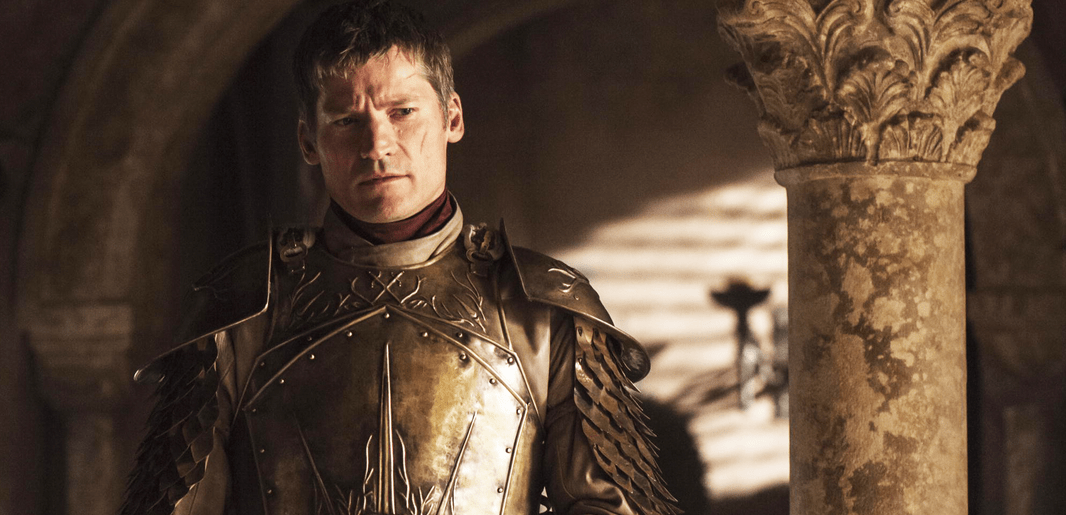Game Of Thrones Actors Still Trying To Defend That Season 4 Rape Scene & This Time It’s Nikolaj Coster-Waldau’s Turn
Can you not.

Here’s what Coster-Waldau said about the show’s biggest controversy last season, in an interview with GQ:
I was sure there was going to be a lot of talk about it. But I assumed it was going to be about the fact we had sex in front of our dead son. It became more about, ‘Was it rape?’, which shocked us. I sound naive, but I never saw it like that.
It was as if Game of Thrones was now social commentary. I was like, ‘Really?’, and suddenly it was pro-rape. I’m not going to talk about that because it’s a sensitive topic. But it’s a television show with a storyline featuring two people who have had a dysfunctional relationship. It’s clearly not healthy for either of them — that scene being just another example. And suddenly a scene in a television show is used as an argument in an overall political discussion.
This was a scene that made a lot of people very uncomfortable, and a show doesn’t have to be the kind to delve into “Very Special Episodes” to be aware of its place in the political landscape and of how its presentations of certain things will affect viewers. That doesn’t mean you have to do away with things that would shock that audience or things that would make that audience uncomfortable — most people watching Game Of Thrones know at this point that shock value will be employed. But what I’m searching for here is an understanding on the part of the people making the show that, hey, sometimes they don’t make the most effective moves in the name of that shock. That they’re fallible, and that with or without dysfunctional characters, scenes like this one definitely do not mix well with the show’s larger relationship to sex.
A show doesn’t have to actively be aiming to be “social commentary” to be something that reflects issues in our real world. Just listen to Ben Wyatt on this matter:
(via Blastr, images via Tumblr)
Are you following The Mary Sue on Twitter, Facebook, Tumblr, Pinterest, & Google +?
Have a tip we should know? tips@themarysue.com